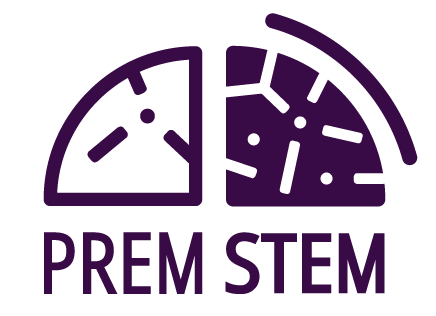our research explained
Frequently asked questions
what is preterm birth?
Premature or preterm birth is generally defined as one occurring before 37 of 40 weeks of gestation, but did you know there are actually three sub-categories?
'extremely preterm'
more than 50% of babies
'very preterm'
around 30%
'late preterm'
even 'late preterm' babies
How many infants are born prematurely every year?
Fifteen million babies are born preterm every year, including 400,000 infants in the European Union. Four out of five of these infants will grow-up to have impairments in their daily living activities.
Is there a difference when it comes to sex of the infant?
Male infants born preterm have been shown to have more severe injury and poorer outcomes than females. Clinical evidence also suggests that male sex may also be a risk factor for worsening outcomes over time (between adolescence and adulthood) for those born preterm. However, female infants are still at risk of injury and poor long-term outcomes. We don’t currently know what underpins these differences and whether different medical approaches should be applied to male and female infants. As part of our research we will include sex-based analyses to try to understand some of these questions.
What are the risks of preterm birth?
Preterm babies have a higher risk of lifelong disability or neonatal mortality. Cerebral palsy, severely impaired cognitive functions, and psychiatric disorders such as attention deficit and hyperactivity disorder (ADHD) and autism spectrum disorder (ASD) are more common in babies born prematurely.
What is encephalopathy of prematurity (EoP)?
Encephalopathy of prematurity (EoP) is brain damage associated with premature birth. Our research aims to establish a regenerative therapy for EoP to improve the quality of life of preterm infants and their carers.
What are stem cells?
The PREMSTEM project aims to validate the use of stem cells as a regenerative therapy for EoP. To ‘rebuild’ the damaged areas of the brain, our scientists will use human mesenchymal stem cells (H-MSCs). H-MSCs are taken from umbilical cord tissue and are very different to human embryonic stem cells (hESC).
But what are stem cells?
Playlist
2:36
2:36
2:36
2:36
Visit the Cerebral Palsy Alliance website to learn more in their Science Behind Stem Cells and Brain Injury video series.
are stem cells safe to use as a regenerative therapy?
There is a lot of clinical evidence to support this. Stem cells have already been applied in studies focused on brain injuries of infants born full-term and in children with established neurological disorders. Pre-clinical studies such as those undertaken in PREMSTEM have been less frequent. Our Ethics Advisory Board helps us to address all the ethical, legal, social, and safety issues involved in these research and biomedical activities.
